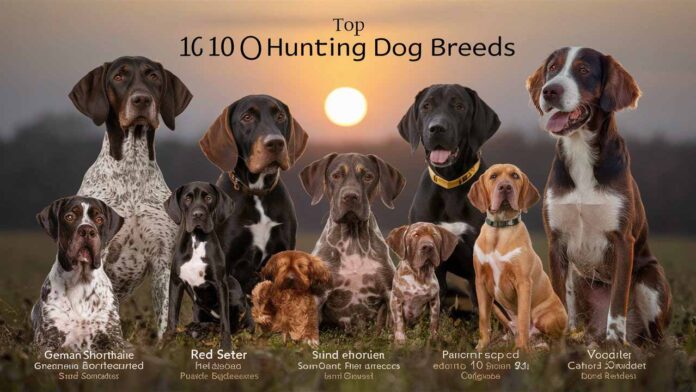Introduction: Why Hunting Dog Breeds Are Vital for Hunters
With regards to hunting, the decision of the right hunting dog variety can altogether impact your prosperity and generally experience. These canines are something beyond pets; they are devoted accomplices with a long history of helping trackers. From following tricky prey to recovering game from testing territories, these varieties have been explicitly evolved to succeed in assignments requiring both actual perseverance and sharp senses.
Hunting dog breeds are valued for their remarkable faculties, especially their intense feeling of smell and fast responses. Whether you’re pursuing small game or tracking larger animals, these dogs offer an edge that modern technology cannot replicate. Their relentless reliability and solid hard working attitude likewise produce an extraordinary connection among tracker and canine, transforming each chase into a paramount experience.
Selecting the right hunting dog breed for your specific needs is crucial.offers unmistakable qualities and attributes, so understanding what each breed offers of real value is vital to settling on an educated decision. In this article, we’ll dive into the top hunting dog breeds, investigate their exceptional characteristics, and examine how to prepare and really focus on them to guarantee they come to their in the field.
Key Traits of the Best Hunting Dog Breeds
Choosing the best hunting dog breeds involves understanding the qualities that make these dogs stand out. Hunting dog breeds are not only gifted in the field; they have an extraordinary blend of physical and mental characteristics that make them impeccably appropriate for the difficulties of hunting.
One of the most important traits is stamina. Hunting dogs must be able to endure long periods of physical activity in various environments, from thick woods to open plains, often in adverse weather conditions. Breeds like the Labrador Retriever and German Shorthaired Pointer are known for their wonderful perseverance, permitting them to stay aware of the thorough requests of hunting without effectively tiring.
A critical characteristic is a keen sense of smell. This trait is especially vital for breeds like the Bloodhound and Beagle, which are famous for their ability to track scents. A strong feeling of smell permits these dogs to follow fragrance trails over significant distances, making them imperative for trackers who need to find game in testing conditions.
Intelligence and trainability are equally important. The best hunting dog breeds are not just actually proficient; they rush to learn orders and execute them dependably in the field. Breeds like the Brilliant Retriever and Brittany Spaniel are especially esteemed for their insight and energy to please, making them moderately simple to prepare for an assortment of hunting undertakings.
Lastly, temperament is a crucial factor. Hunting dog breeds need to be calm and focused, with a strong prey drive that keeps them engaged during the hunt. Simultaneously, they should stay consistent and made when not in pursuit, guaranteeing they can adjust to various circumstances without turning out to be excessively volatile or diverted.
In conclusion, the top hunting dog breeds excel because they offer a well-balanced combination of stamina, olfactory capabilities, intelligence, and temperament. These properties make them important buddies in the field, upgrading the general hunting experience.
The Top 10 Hunting Dog Breeds
Choosing the right hunting dog breed can be a unique advantage in the field. Here’s a closer look at the top 10 hunting dog breeds, each renowned for their unique abilities and contributions to the hunt.
Labrador Retriever
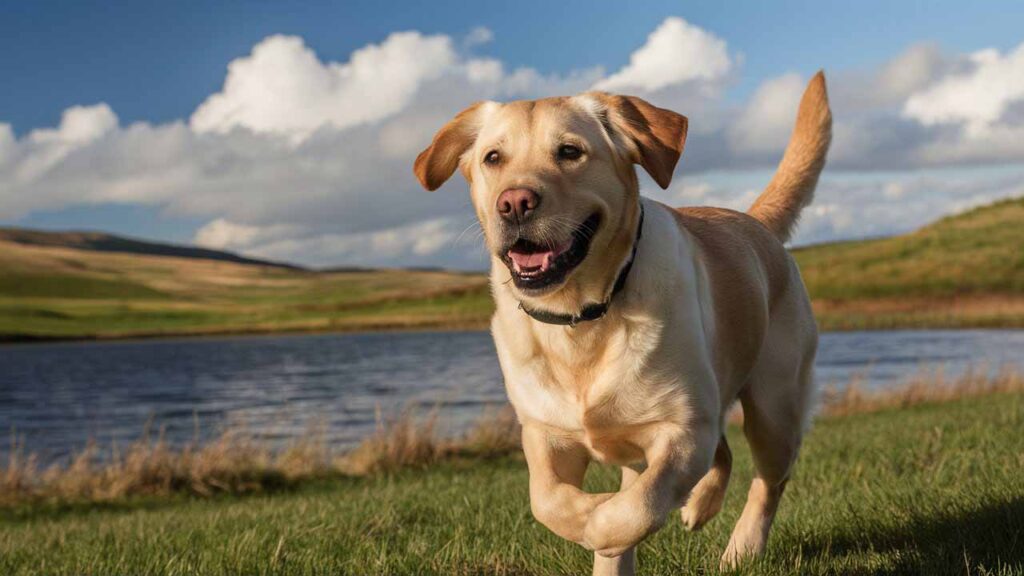
Labrador Retrievers are one of the most popular hunting dog breeds and for good reason. They are versatile, dependable, and have an incredible work ethic. Labradors are excellent for retrieving game, particularly in waterfowl hunting, thanks to their love for water and natural swimming ability. Their keen sense of smell and trainability make them an excellent choice for hunters of all levels.
Beagle
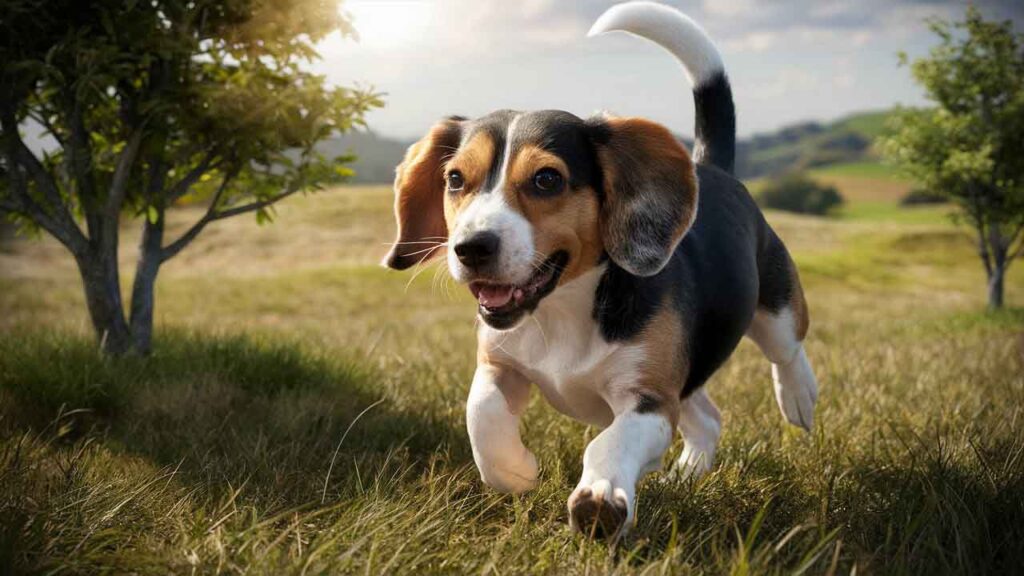
Beagles are celebrated for their outstanding tracking skills, especially in small game hunting. With an incredibly sharp nose, Beagles can pick up even the faintest scent trails. They are energetic, determined, and have a strong prey drive, making them ideal for hunting rabbits, hares, and other small game. Notwithstanding their more modest size, Beagles are strong and can cover huge distances without tiring.
German Shorthaired Pointer
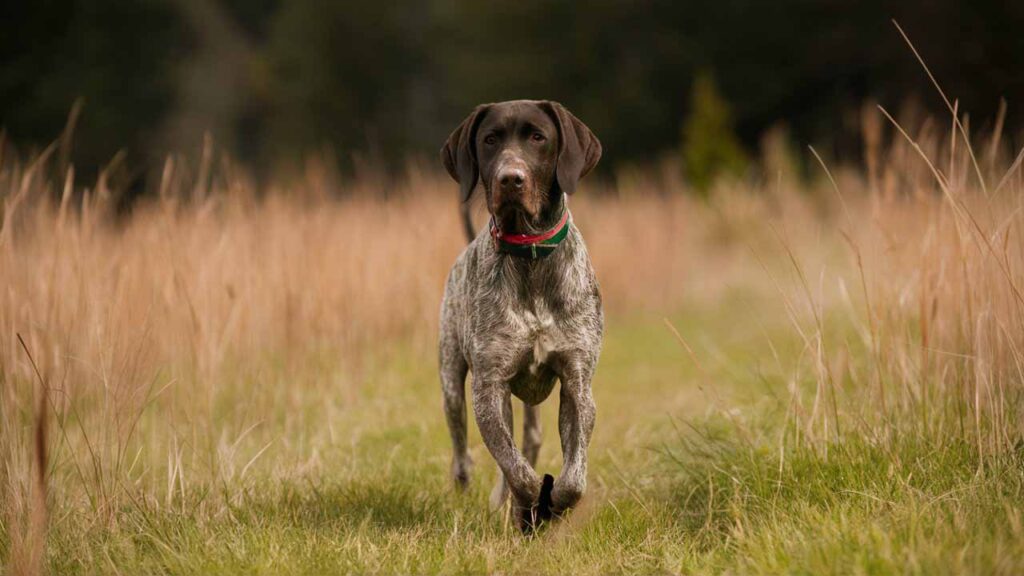
German Shorthaired Pointers are highly versatile hunting dogs that thrive in various terrains and hunting conditions. They are known for their endurance, dexterity, and sharp astuteness. This breed excels in upland game hunting, using their keen sense of smell to locate and point out birds. Their natural retrieving instinct makes them valuable in both land and water hunts, and their trainability ensures they perform reliably under different circumstances.
Bloodhound
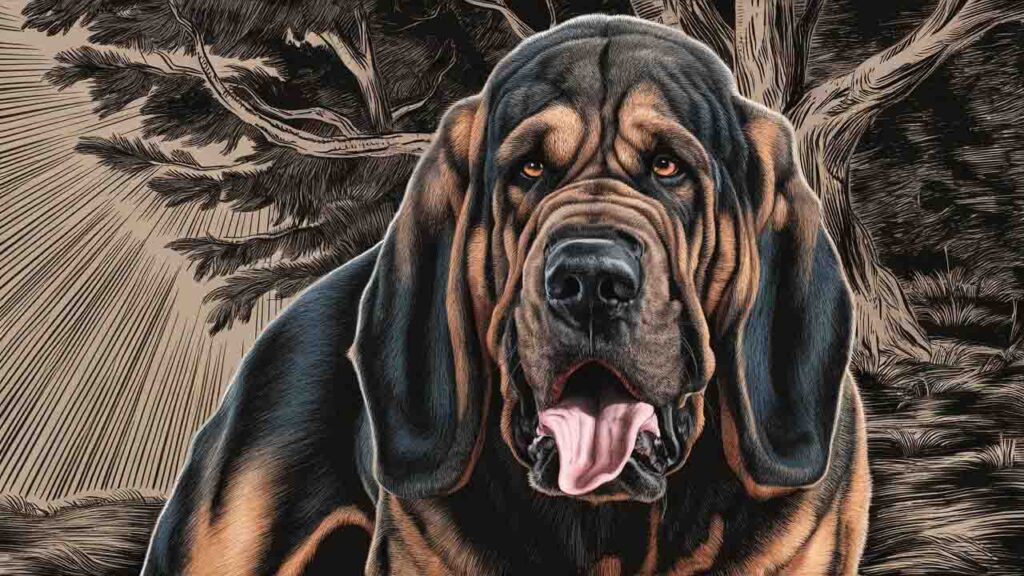
Few dogs can match the Bloodhound’s scent-tracking abilities. This breed is a fragrance following master, equipped for following paths that are days old. Bloodhounds Dogs are utilized in hunting as well as in search and salvage missions because of their unmatched scenting abilities. They are particularly suitable for hunters who need a dog that can track game over long distances and through difficult terrain.
English Springer Spaniel
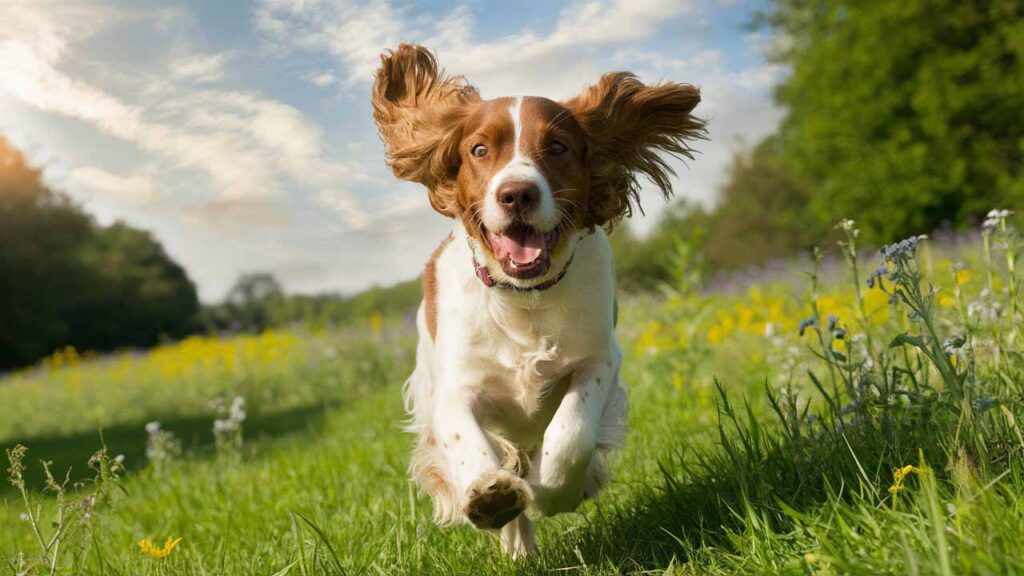
The English Springer Spaniel is a top decision for bird trackers. This breed’s boundless energy and eagerness to work make it an exceptional companion in the field.Springers are great at flushing birds from thick cover, and their regular recovering abilities are important for recuperating brought down birds. Their friendly and obedient nature also makes them easy to train, making them a favorite among hunters who appreciate a responsive dog.
Coonhound
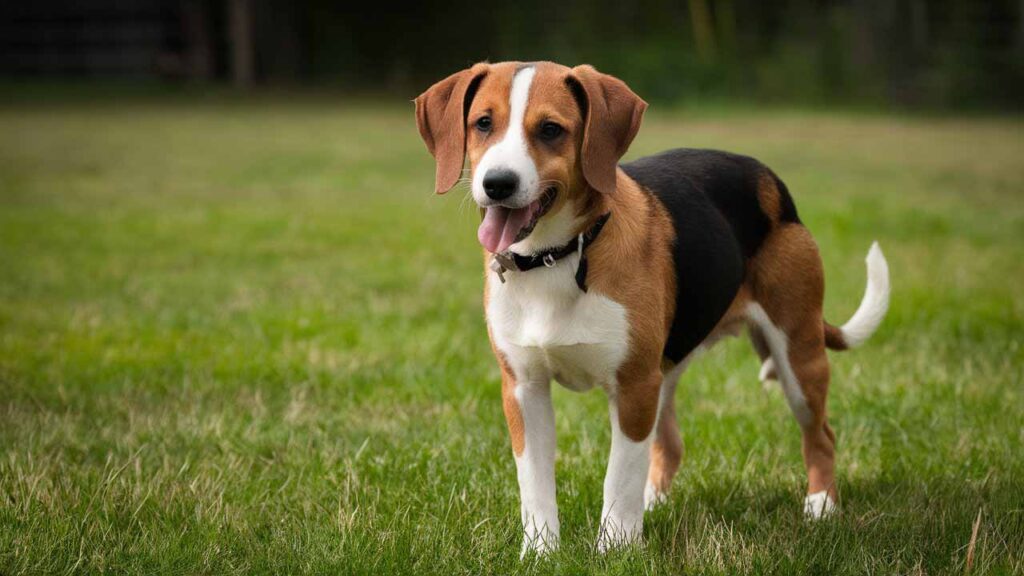
Coonhounds work in following and treeing game, especially raccoons. They have a strong feeling of smell and are known for their particular baying, which makes trackers aware of the presence of game. Coonhounds are determined and persistent, often working tirelessly until they’ve successfully treed their prey. Their following abilities additionally make them adequately flexible to seek after bigger game.
Golden Retriever
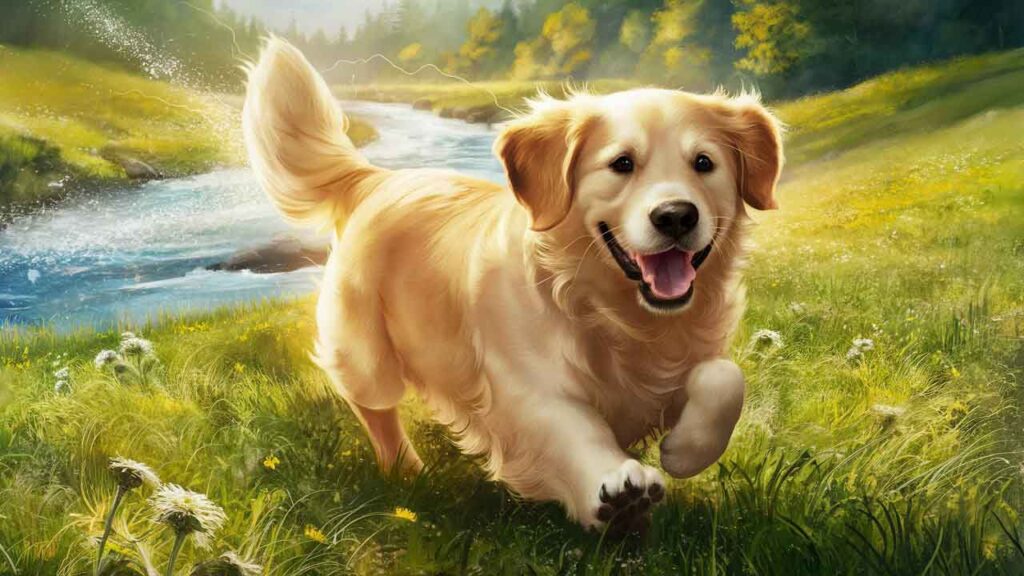
Golden Retrievers are not only beloved family pets but also excellent hunting companions. Their following skills furthermore make them satisfactorily adaptable to seek after greater game. Goldens are intelligent, eager to please, and have a calm temperament, making them easy to train for various hunting tasks. Their loyalty and gentle nature make them ideal companions both in and out of the field.
Brittany Spaniel
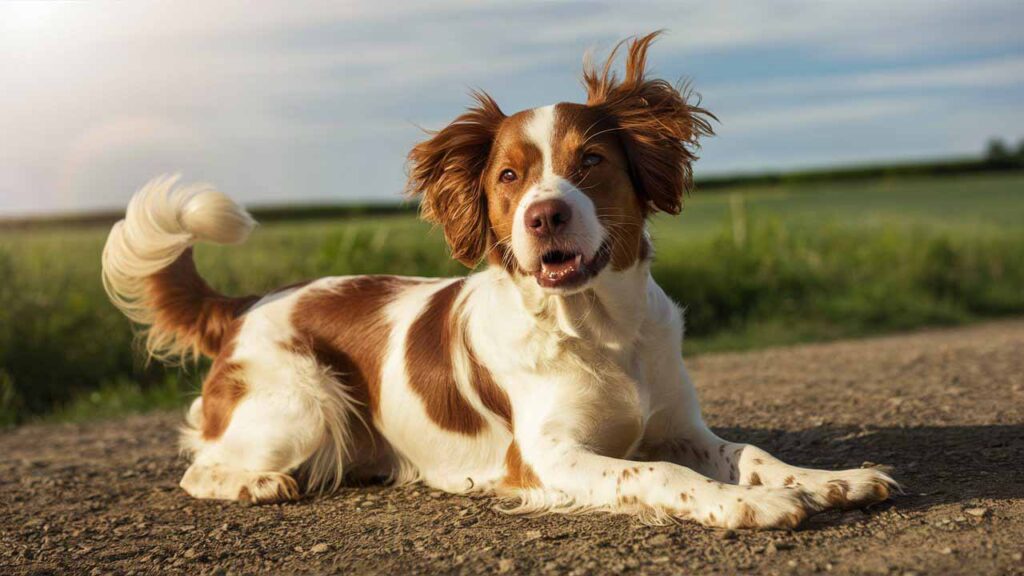
The Brittany Spaniel is a minimal, light-footed hunting canine that succeeds in bird hunting. This breed is known for its speed, perseverance, andsharp impulses. Brittanys are highly versatile and can adapt to different terrains, from open fields to dense woods. Their keen sense of smell and natural pointing ability make them excellent at locating and flushing out birds. Brittany Spaniels are also relatively easy to train, making them a popular choice among hunters.
Weimaraner
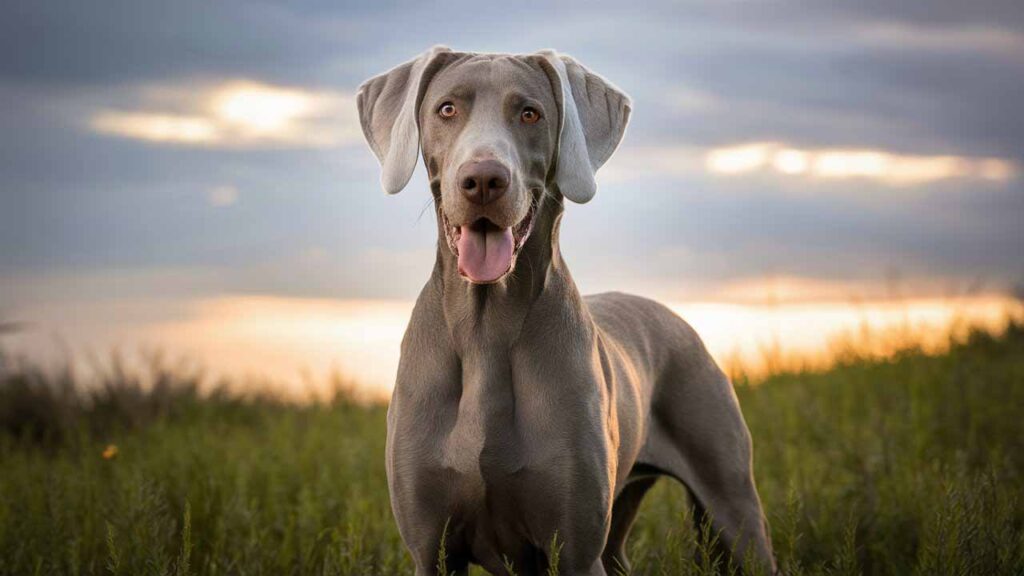
Weimaraners are sleek, athletic dogs that are built for endurance and speed. This breed is highly skilled in tracking and retrieving, making them ideal for hunting larger game like deer or boar. Weimaraners are known for major areas of strength for them drive and dauntless nature, frequently wandering into extreme landscapes with certainty. Their knowledge and dependability make them devoted hunting accomplices who are generally anxious to take on a test.
Vizsla
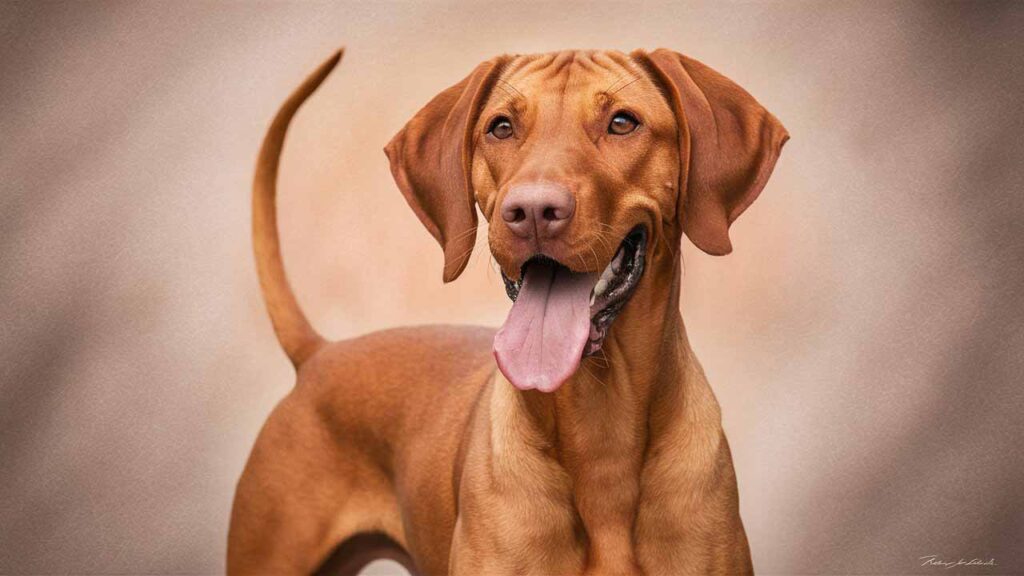
The Vizsla is a versatile hunting dog known for its elegance, speed, and sensitive nose. This breed is particularly effective in upland game hunting, where it excels at pointing and retrieving. Vizslas are highly energetic and require plenty of exercise, making them well-suited for hunters who cover large areas. Their intelligence and affectionate nature make them easy to train and bond with, creating a strong partnership between dog and hunter.
Frequently Asked Questions (FAQ)
Q1: What are the best hunting dog breeds for beginners?
For beginners, breeds like the Labrador Retriever and Beagle are excellent choices. These dogs are known for their friendly nature, trainability, and reliable performance in the field. Labrador Retrievers are versatile and easy to train, making them ideal for new hunters, while Beagles, with their strong sense of smell and tracking ability, are perfect for those interested in small game hunting.
Q2: How do I start training my hunting dog breed?
Begin with basic obedience training, teaching commands like sit, stay, and come. Once your dog has mastered these, gradually introduce hunting-specific commands such as fetch and track. Consistency, positive reinforcement, and patience are key to successful training. Make sure to also simulate real hunting scenarios to prepare your dog for the field.
Q3: What should I feed my hunting dog breed?
Hunting dog breeds require a high-protein diet to support their energy levels and overall health. Choose high-quality dog food formulated for active breeds. During hunting season, you may need to adjust their diet to meet increased energy demands. Always consult your veterinarian for breed-specific dietary recommendations.
Q4: Which hunting dog breeds are best for small game hunting?
Beagles and English Springer Spaniels are top choices for small game hunting. Beagles excel in tracking and flushing out small game like rabbits, thanks to their keen sense of smell. English Springer Spaniels are agile and quick, making them excellent at flushing birds and small mammals from dense cover.
Q5: How can I care for the health of my hunting dog breed?
Regular vet check-ups, a balanced diet, and consistent exercise are essential for maintaining the health of hunting dog breeds. Grooming is also important, especially for outdoor dogs that encounter rough terrain. Be sure to monitor for any breed-specific health issues, such as hip dysplasia in larger breeds, and take preventative measures like flea and tick control.
This FAQ section is designed to address the most common questions hunters might have about hunting dog breeds. By providing clear and concise answers, you can ensure that you’re well-prepared to choose, train, and care for the right dog to accompany you on your hunting adventures.
Related Top 150+ Hunting Dog Names Female
Conclusion: The Value of a Loyal Hunting Companion
Selecting and caring for the right hunting dog breed can transform your hunting experience. These dogs bring more than just skill to the field; they offer companionship, loyalty, and an unmatched work ethic. By understanding the unique characteristics of each breed and committing to proper training and care, you can build a partnership that enhances every hunting trip. Whether you’re a seasoned hunter or just starting, the right hunting dog breed will become an invaluable asset and a beloved companion on all your outdoor adventures.
